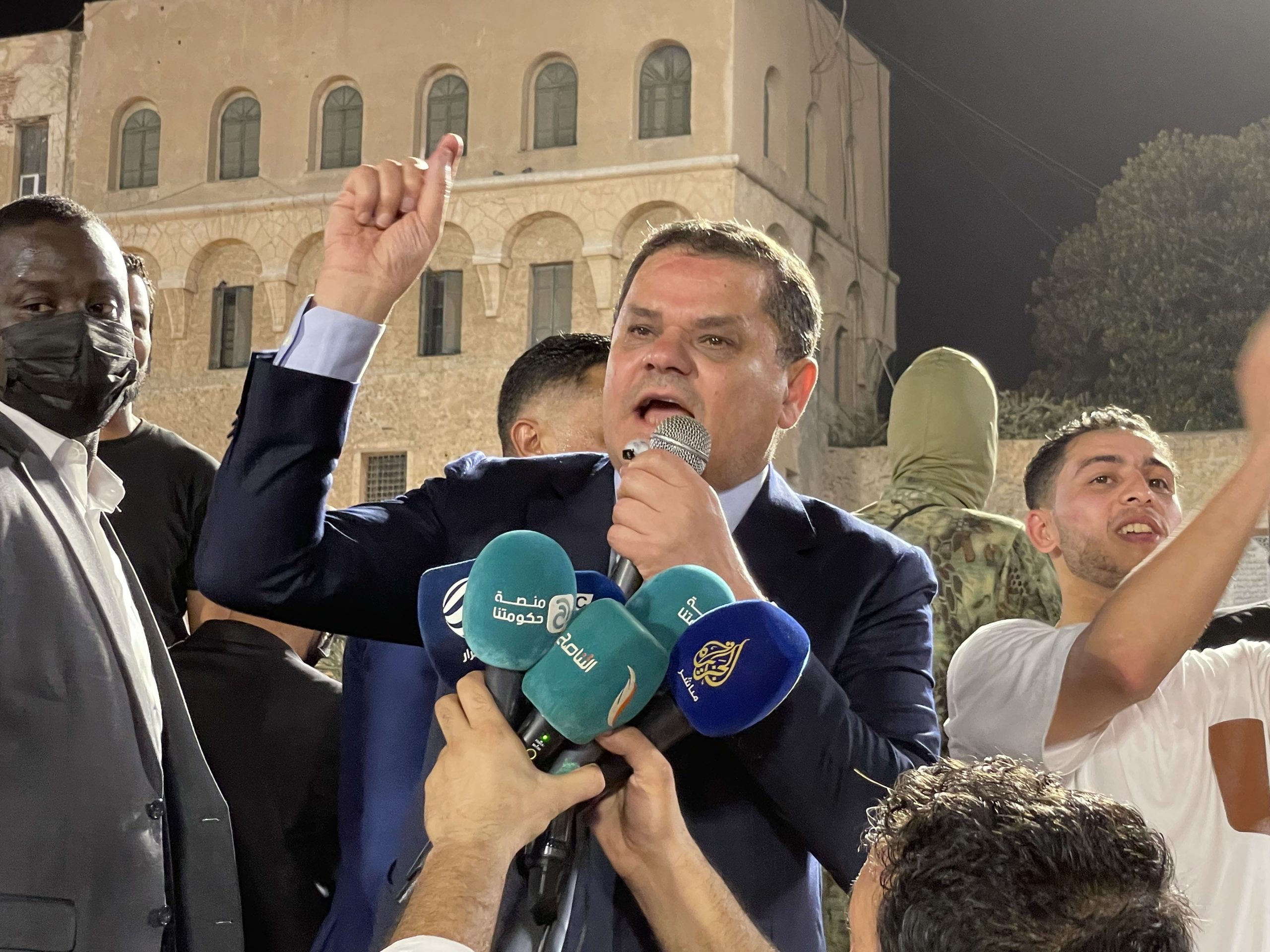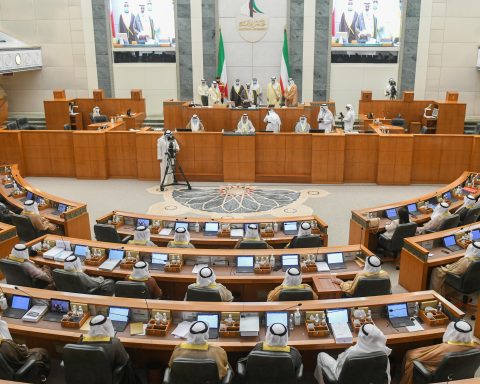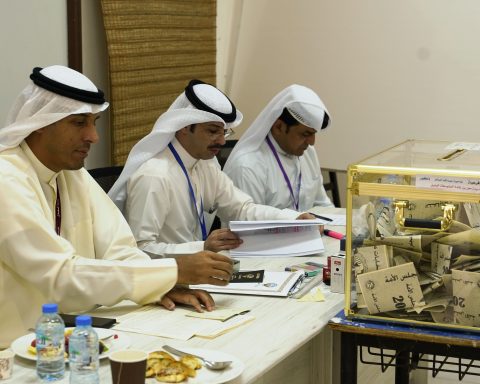The decision to cancel the vote of confidence taken by the House of Representatives (HoR), led by Aguila Saleh, received many reactions from the local level. It was stated that 89 of the 113 members who attended the session on the vote of confidence voted yes. However, the way the session was held and voting was questioned by many authorities even by members of HoR. So much so that Tarek Buhaise and Abdulmurim Belkur, who are members of the HoR, emphasized that the voting was done irregularly by raising hands, but under normal circumstances, it should be done according to the method of secret individual vote and ballot box. In addition to this, 39 HoR members declared that they would go to Tripoli, reacting on the grounds that the decision was unlawful.
In Tobruk, the mayor and many local opinion leaders stated that they support Prime Minister Abdul Hamid Dbeibeh against the decision taken. In addition to the Tobruk Municipality, 35 different municipalities from different regions of the country announced that they rejected the decision. After the announcement of the decision to cancel the vote of confidence, the spokesperson of the High Council of State (HCS), Mohamed Abdel Nasser, expressed that the decision violated the Libyan Political Agreement (LPA), adding that HCS is an advisory council and that the HoR did not consult them at this stage. The Head of the Council, Khalid al-Mishri also stated that the GNU will remain in office until the December 24 elections, and their main goal is to hold the elections.
While the reactions to the decision continued in different cities in the evening, Prime Minister Abdul Hamid Dbeibeh visited Martyrs’ Square in the capital Tripoli, where the protests took place. Addressing the public there, PM Dbeibeh supported the protests by using statements such as “legitimacy is yours, you are the ones who will decide the future of the country.” Dbeibeh emphasized that there are also fair people in the HoR and that he appreciated the 39 HoR members who decided to go to Tripoli and gather in the capital from now on.
This decision, which has led to increased protests in different parts of the country, has the potential to jeopardize Libya’s planned election date of December 24 and the roadmap set by the UN. Nonetheless, according to the LPA, which was adopted in 2015 and entered into force in January 2016, the decisions taken by the HoR must be consulted with the HCS, which was established as an advisory council in the same agreement.
Apart from this, the decision of the HoR was not well received by the public, as it is unconstitutional and jeopardizes the ceasefire agreement agreed between the parties in Libya in October 2020. Some analysts highlight the danger that the cancellation of this vote of confidence by the HoR, led by Aguila Saleh, will drag the country back into chaos based on past experiences. In addition, this decision may make the possibility of postponing the elections a strong scenario.














